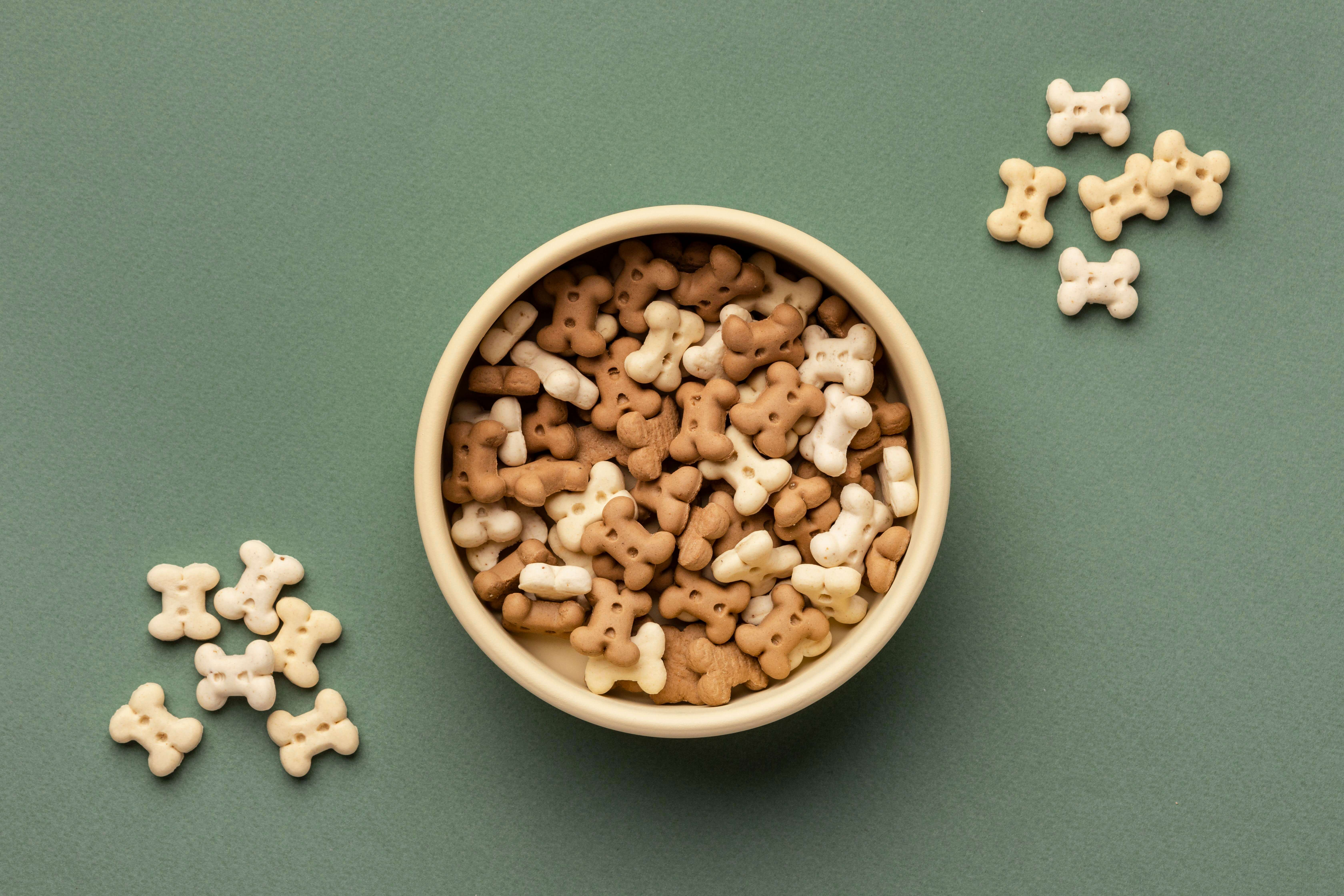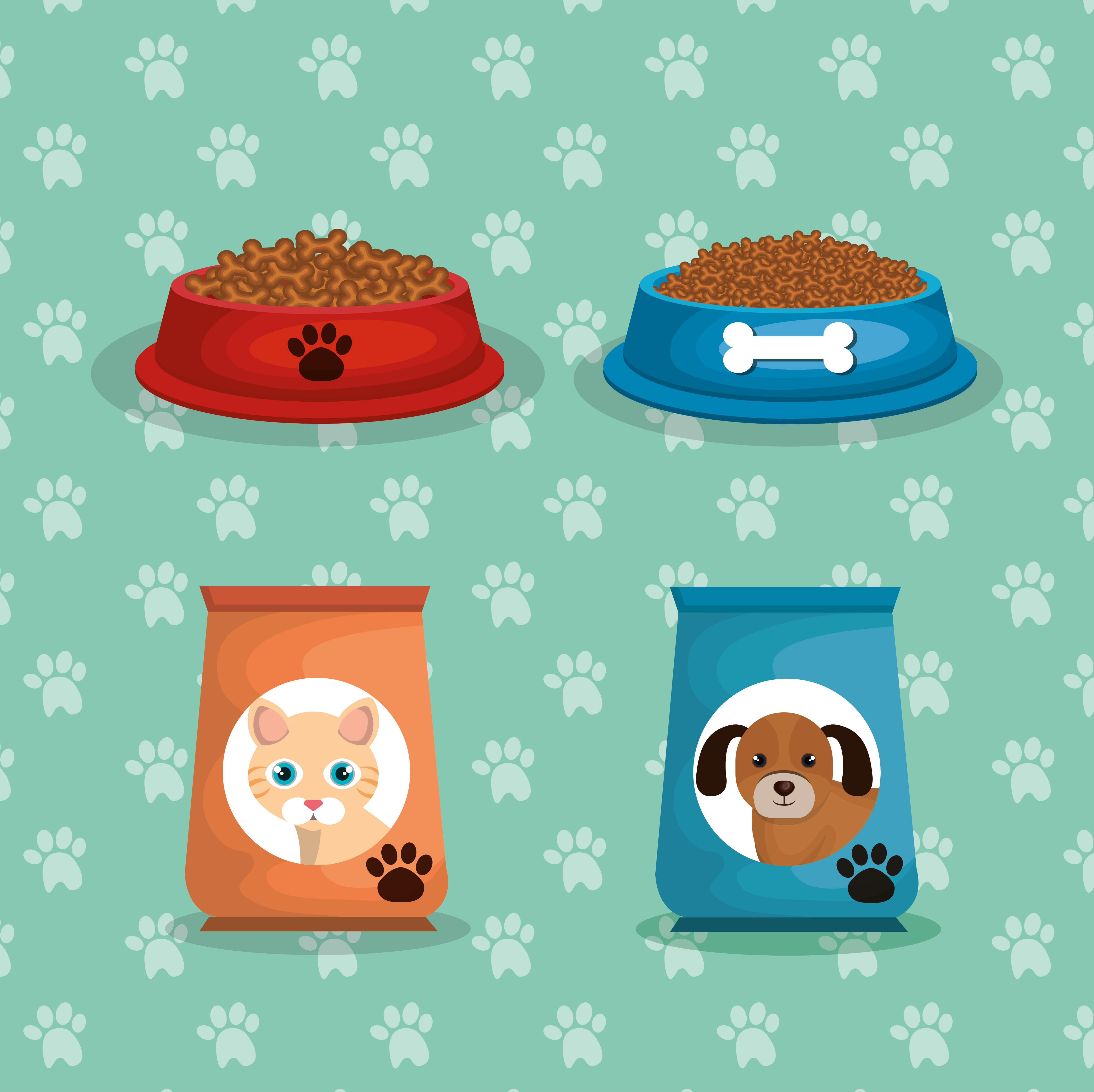
Introduction
Welcoming a furry friend into your home in Dubai is an exciting experience. As a responsible pet owner, it’s crucial to prioritize your pet’s health and well-being, starting with their diet. Choosing the right pet food plays a vital role in ensuring their overall nutrition. With a wide variety of options available, such as dry pet food, wet pet food, raw pet food, grain-free pet food, organic pet food, hypoallergenic pet food, senior pet food, puppy food, kitten food, cat food, and dog food, it can be overwhelming to make the right choice. However, understanding the importance of pet nutrition and considering factors such as pet health, pet care, grooming, training, adoption, shelters, vets, and stores can guide you towards selecting the most suitable food for your furry companion.
The Significance of Pet Nutrition
Proper nutrition is the cornerstone of your pet’s well-being. It is essential to provide them with a balanced diet that meets their specific dietary requirements. A nutritious diet promotes healthy growth, strengthens the immune system, enhances energy levels, improves coat and skin condition, and supports overall longevity. Understanding the nutritional needs of your pet based on their age, breed, and activity level is the first step in choosing the right food.
Different Types of Pet Food

a. Dry Pet Food: Dry pet food, also known as kibble, is a popular choice for many pet owners. It offers convenience, and longer shelf life, and helps maintain dental health by reducing plaque and tartar buildup.
b. Wet Pet Food: Wet pet food, often available in cans or pouches, contains higher moisture content and can be beneficial for pets that require additional hydration. It is also suitable for pets with dental issues or those who are picky eaters.
c. Raw Pet Food: Raw pet food follows a diet that resembles a carnivorous animal’s natural eating habits. It includes uncooked meat, bones, organs, and sometimes fruits and vegetables. It is believed to provide numerous health benefits but requires careful handling and storage to prevent contamination.
d. Grain-Free Pet Food: Grain-free pet food eliminates grains such as wheat, corn, and soy from the ingredients list. This option is often preferred for pets with food allergies, sensitivities, or specific dietary requirements.
e. Organic Pet Food: Organic pet food is made from ingredients that are grown without the use of synthetic pesticides, fertilizers, or antibiotics. It aims to provide a more natural and wholesome diet for pets.
f. Hypoallergenic Pet Food: Hypoallergenic pet food is formulated to minimize allergic reactions in pets. It usually avoids common allergens like wheat, dairy, and certain proteins, making it suitable for pets with food sensitivities or allergies.
g. Senior Pet Food: Senior pets have unique nutritional needs, including lower calorie intake, joint support, and digestive health. Specialized senior pet food addresses these requirements and helps them age gracefully.
h. Puppy and Kitten Food: Growing puppies and kittens have higher energy and nutrient requirements than adult pets. Food specifically formulated for their needs ensures proper growth, development, and overall health.
i. Cat and Dog Food: Cats and dogs have different nutritional needs, and it’s important to choose food tailored to their species. High-quality cat and dog food offer a well-balanced diet with the necessary nutrients for each species.
Factors to Consider
a. Pet Health: Consider your pet’s specific health conditions, such as allergies, sensitivities, digestive issues, or medical requirements. Consult with a veterinarian to determine any specific dietary needs your pet may have and choose food that supports their health.
b. Pet Care: Assess your pet’s activity level, size, and breed to determine the appropriate calorie intake and nutrient balance. Active and working breeds may require higher energy food, while sedentary pets may benefit from weight management formulas.
c. Pet Grooming: Some pet foods are formulated to support healthy skin and coat, reducing shedding and promoting a lustrous coat. Consider foods enriched with omega-3 fatty acids, antioxidants, and vitamins that contribute to overall skin and coat health.
d. Pet Training: During training sessions, it’s essential to have treats that are not only tasty but also nutritionally balanced. Look for training treats that are small, soft, and easy to handle, without compromising on quality ingredients.
e. Pet Adoption: If you’ve recently adopted a pet, try to find out what food they were consuming previously. Sudden changes in diet can cause gastrointestinal upset, so a gradual transition to a new food may be necessary. Consult with a veterinarian to determine the most suitable diet for your newly adopted pet.
f. Pet Shelters: Many pet shelters have limited resources and rely on donated pet food. If you’re considering donating pet food to a shelter, it’s best to check with them about their specific needs and any dietary restrictions they may have for the animals in their care.
G. Pet Stores: Visit reputable pet stores that carry a wide range of pet food brands. Read the labels carefully, checking for the presence of high-quality protein sources, whole grains (if appropriate), essential vitamins and minerals, and minimal fillers or artificial additives.
h. Pet Vets: Veterinarians are an excellent resource when it comes to selecting the right pet food. They can provide guidance based on your pet’s individual needs, offer recommendations for specific health conditions, and help you navigate the available options.
Conclusion
Choosing the right pet food for your furry friend in Dubai requires careful consideration of their specific nutritional needs, health conditions, and individual preferences. Remember to prioritize pet nutrition, taking into account factors such as pet health, pet care, grooming, training, adoption, shelters, vets, and stores. Dry pet food, wet pet food, raw pet food, grain-free pet food, organic pet food, hypoallergenic pet food, senior pet food, puppy food, kitten food, cat food, and dog food all offer unique benefits and cater to different dietary requirements. By consulting with a veterinarian, conducting thorough research, and reading labels, you can make an informed decision that ensures your pet receives a balanced and nutritious diet. Remember, the right pet food plays a significant role in your furry friend’s overall health, happiness, and well-being.
